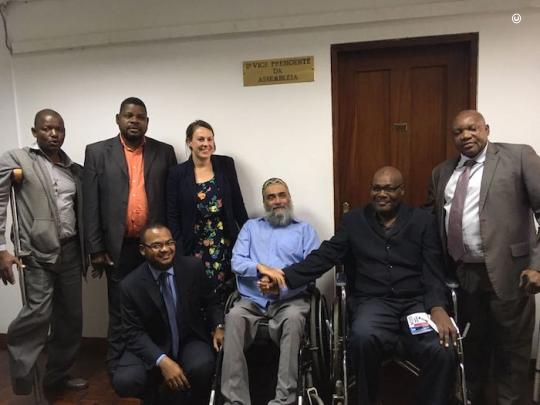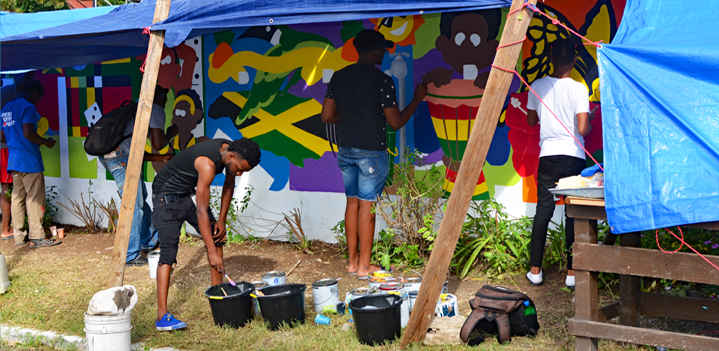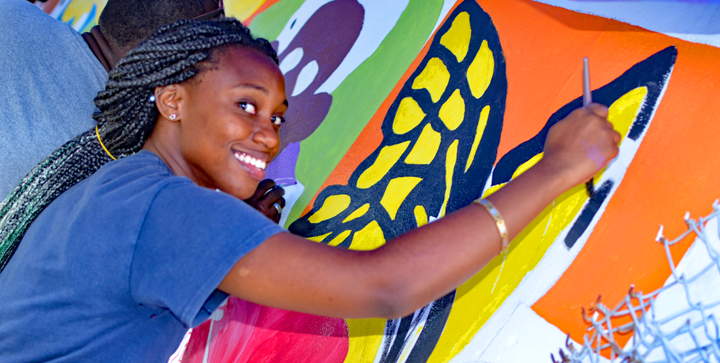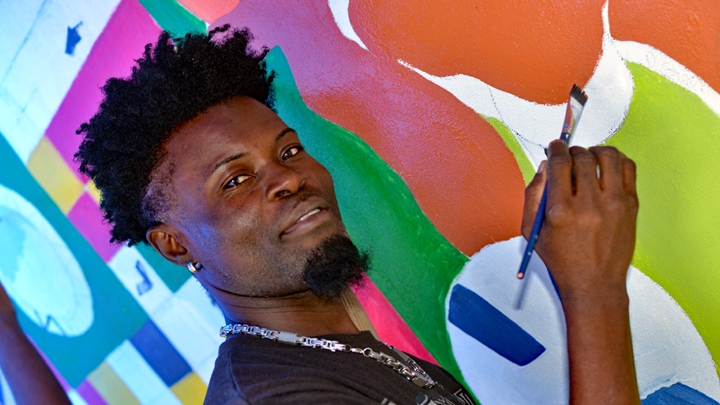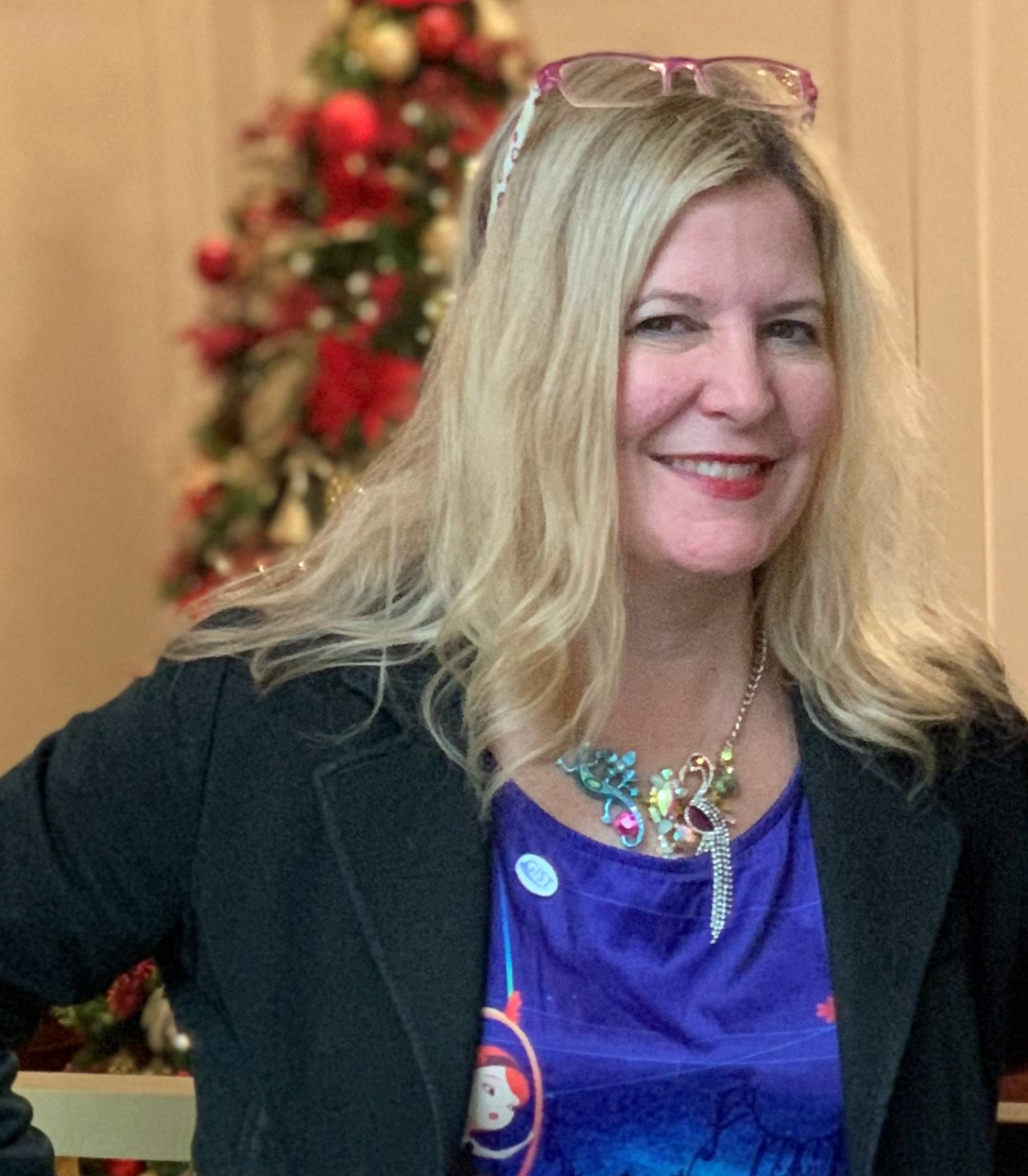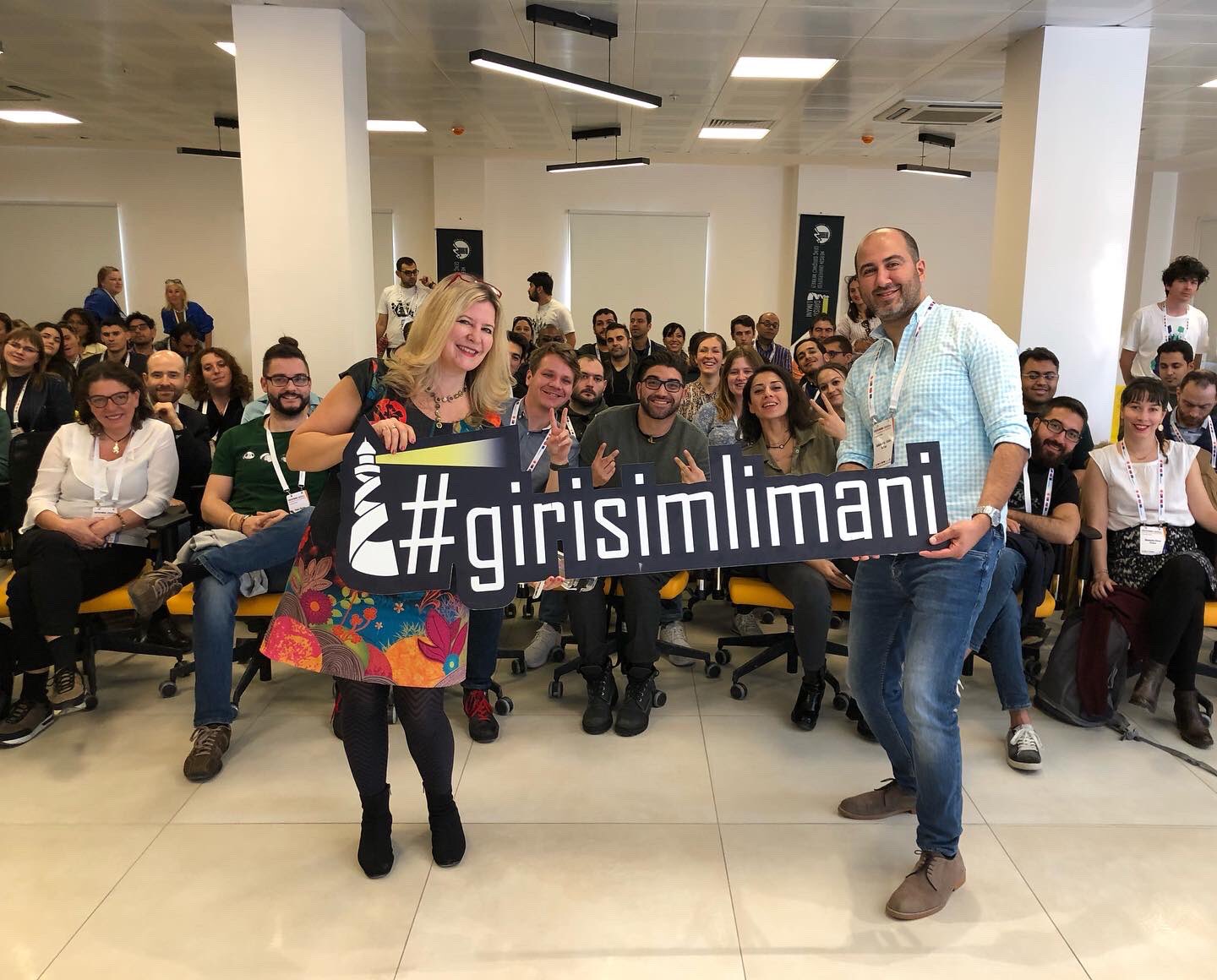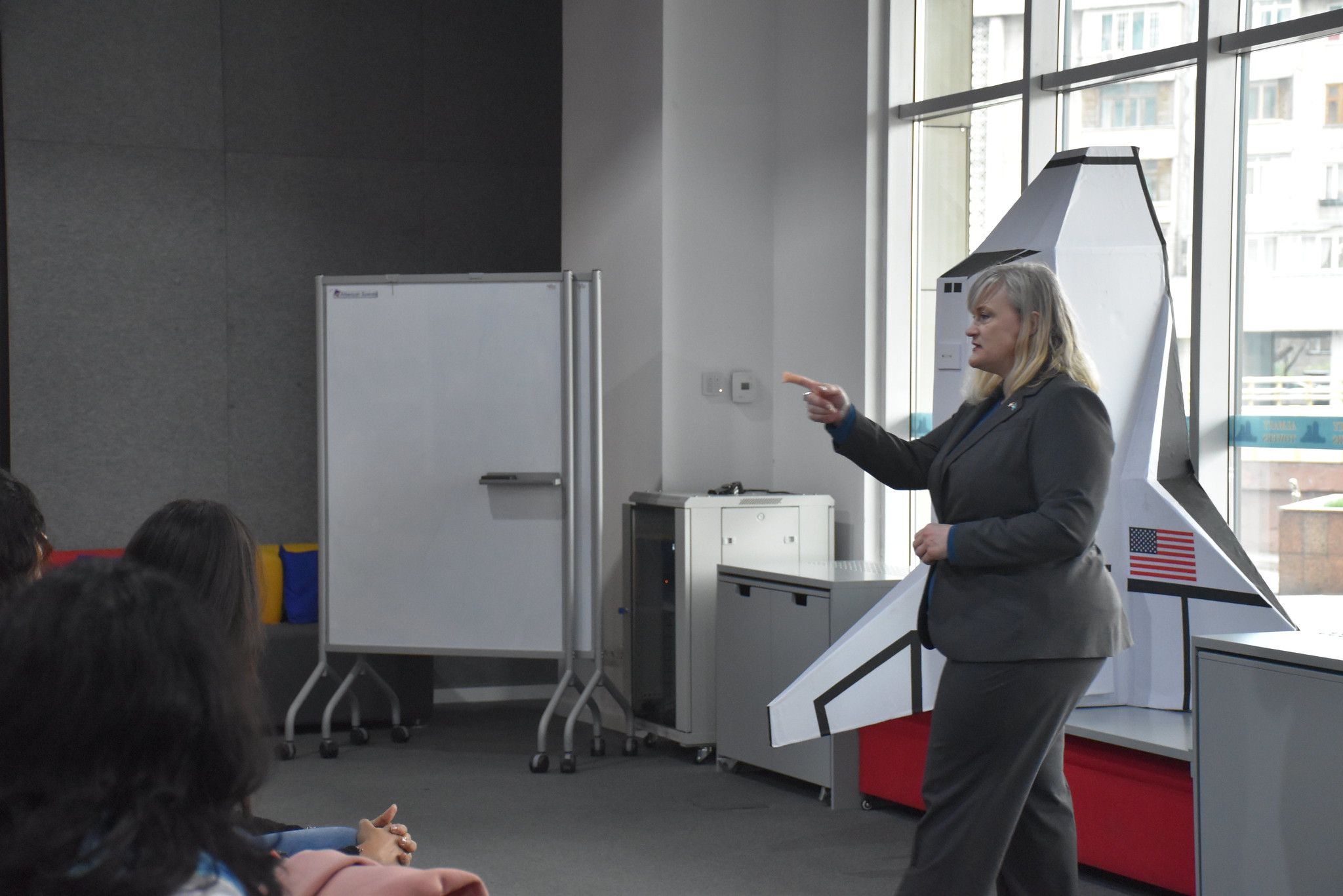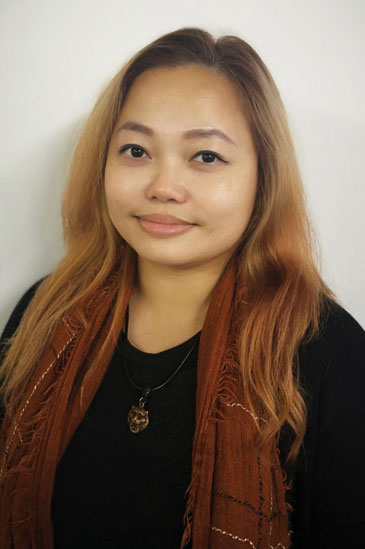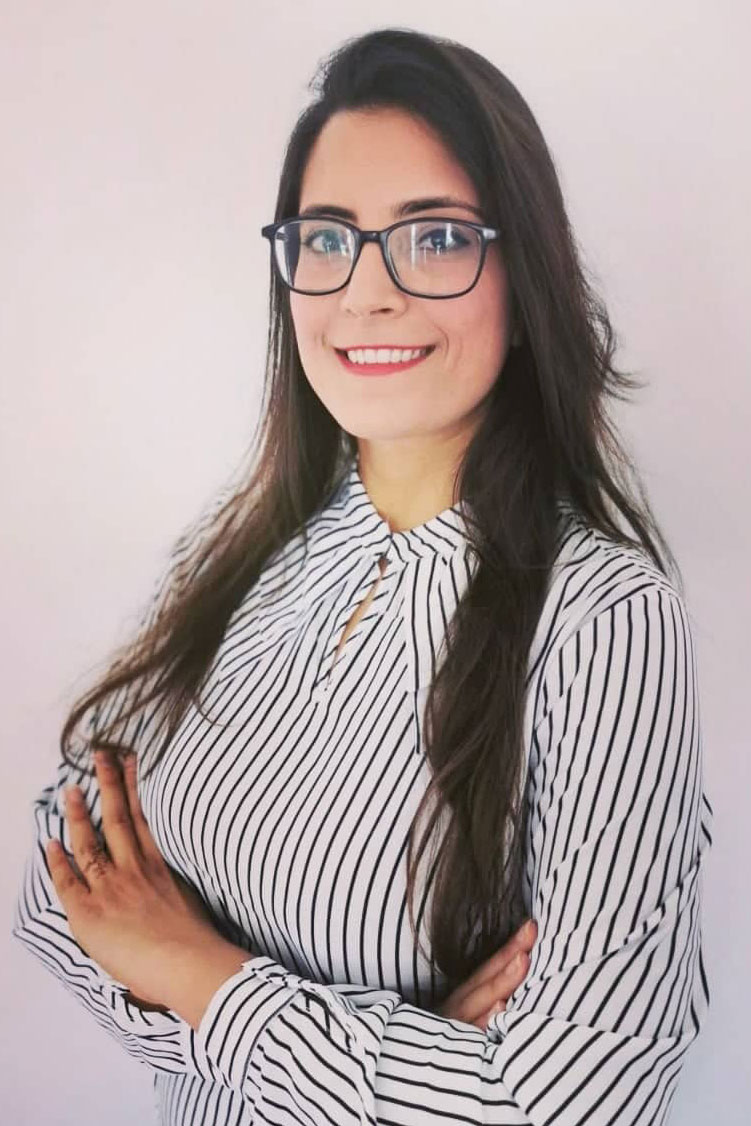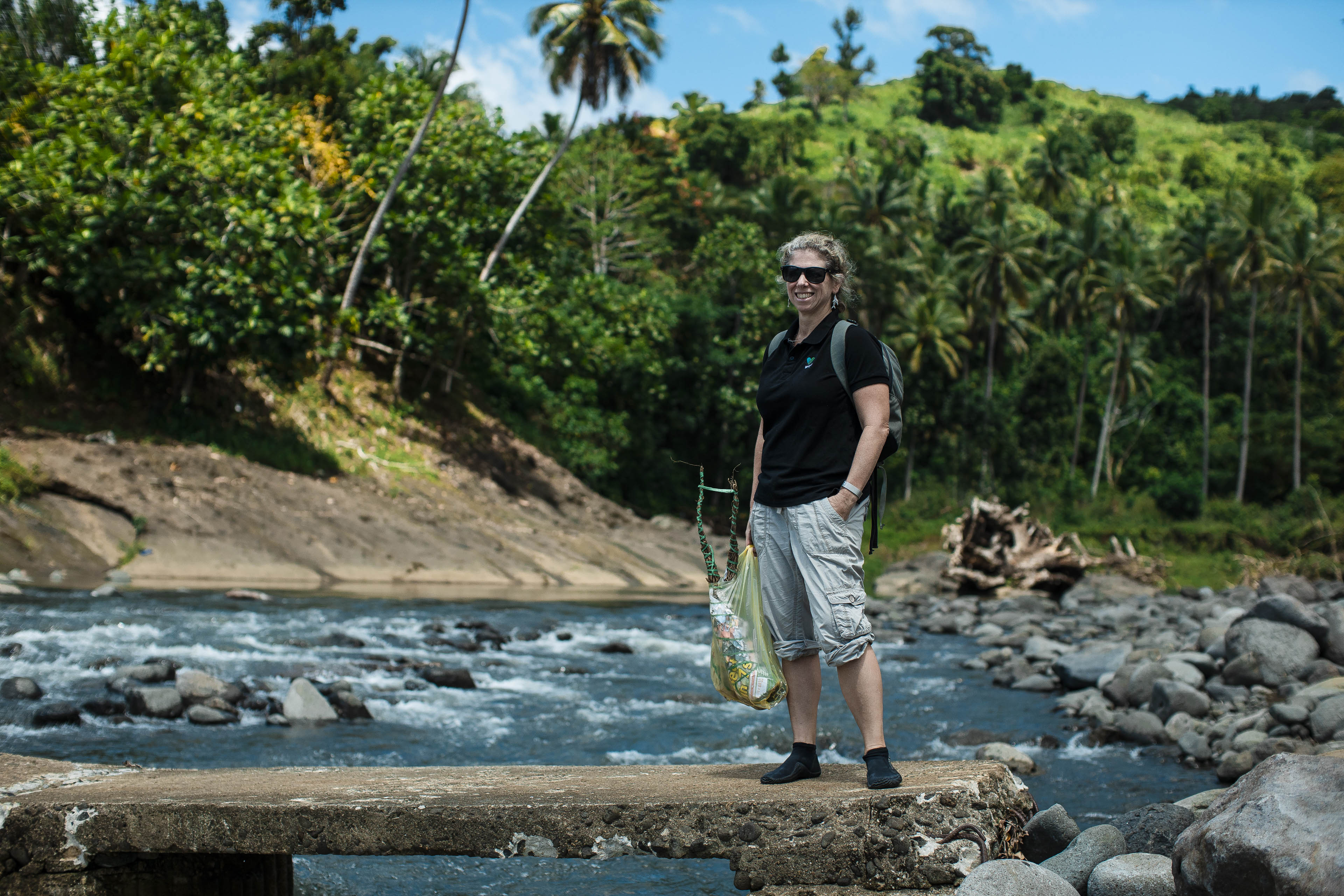YALI alumnus João Vembane
In 2016 I returned from my Mandela Washington Fellowship at Duquesne University’s Leadership in Civic Engagement Institute. This fellowship is part of the Young African Leaders Initiative (YALI), which brings African civic, business, and community leaders aged 25–35 to U.S. universities for six weeks of academic coursework, leadership training and networking. Going into the fellowship, I had a clear vision of what I wanted to accomplish in my home country of Mozambique: I would help develop and pass legislation to protect disability rights and promote social inclusion. As a disability rights advocate, I already work towards this goal. I have led initiatives that build capacity among local disabled organizations (DPO), supported skills-building programs for persons with disabilities, and conducted evidence-based research for disability inclusion programs.
During my fellowship at Duquesne University and through professional development experience at Community Living and Support Services (CLASS) in Pittsburgh, I established relationships with American institutions and advocacy networks promoting disability rights through the American with Disabilities Act (ADA). Through meetings with advocates of the ADA, such as the State Department’s former Special Advisor for International Disability Rights, Ms. Judy Heumann and the CEO of CLASS, Dr. Al Condeluci, I gained a deeper understanding of how a concise policy like the ADA is necessary to develop a more inclusive and accessible society.
photo_1_6.jpg
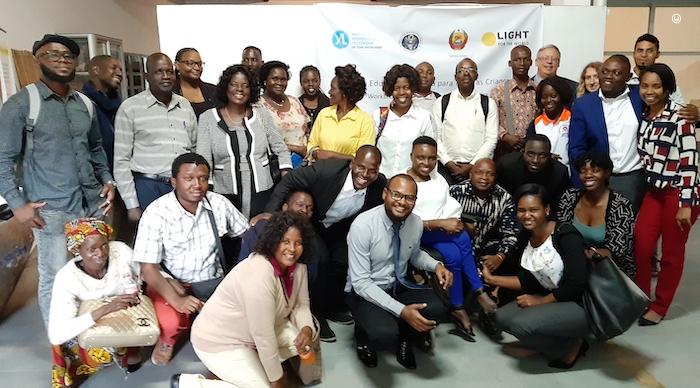 João poses for a group photo at Maputo at the Mozambique National Parliament.
João poses for a group photo at Maputo at the Mozambique National Parliament.
João poses for a group photo at Maputo at the Mozambique National Parliament.
After my Mandela Washington Fellowship experience, I traveled to Botswana on a grant sponsored by the U.S. Embassy in Mozambique. I participated in a two-day disability rights seminar organized by Dr. David Gordon, an ADA advocate for special education, and Botswanan Mandela Washington Fellowship Alumni. The experience helped strengthen the network of YALI disability rights advocates across the sub-Saharan region. During this trip, I also conducted a two-day follow-up visit focused on special education programs in Botswana. I had the opportunity to meet with government officials and to visit schools that have implemented special education programs in Gaborone.
These international experiences greatly inspired my work in Mozambique as a disability rights advocate. In July 2017, Haley Kimmett, a contact I met through the Mandela Washington Fellowship Summit, and I were awarded a Reciprocal Exchange grant to conduct a series of stakeholder meetings and a workshop in Maputo. The goal of these meetings was to develop ground-breaking legislation for disability rights in Mozambique. The grant also supported a month-long broadcast news series by Mozambique’s TV Surdo (Deaf TV), raising awareness about the work and lives of people living with disabilities in Mozambique. Following the workshop, myself and other advocates formed a civil society group, led by the Mozambique Forum of Disabled People Associations (FAMOD), to work on developing the bill of rights for Mozambicans with disabilities. The group continues to lobby Mozambican government leaders to pass this momentous legislation.
João poses for a group photo at an Inclusive Education Workshop on July 5th, 2019 with YALIs from the SADC region, Education Sector Specialists, NGOs and DPOs and Dr David Gordon (from Wagner College, NY, US).
In 2016 I returned from my Mandela Washington Fellowship at Duquesne University’s Leadership in Civic Engagement Institute. This fellowship is part of the Young African Leaders Initiative (YALI), which brings African civic, business, and community leaders aged 25–35 to U.S. universities for six weeks of academic coursework, leadership training and networking. Going into the fellowship, I had a clear vision of what I wanted to accomplish in my home country of Mozambique: I would help develop and pass legislation to protect disability rights and promote social inclusion. As a disability rights advocate, I already work towards this goal. I have led initiatives that build capacity among local disabled organizations (DPO), supported skills-building programs for persons with disabilities, and conducted evidence-based research for disability inclusion programs.
During my fellowship at Duquesne University and through professional development experience at Community Living and Support Services (CLASS) in Pittsburgh, I established relationships with American institutions and advocacy networks promoting disability rights through the American with Disabilities Act (ADA). Through meetings with advocates of the ADA, such as the State Department’s former Special Advisor for International Disability Rights, Ms. Judy Heumann and the CEO of CLASS, Dr. Al Condeluci, I gained a deeper understanding of how a concise policy like the ADA is necessary to develop a more inclusive and accessible society.
After my Mandela Washington Fellowship experience, I traveled to Botswana on a grant sponsored by the U.S. Embassy in Mozambique. I participated in a two-day disability rights seminar organized by Dr. David Gordon, an ADA advocate for special education, and Botswanan Mandela Washington Fellowship Alumni. The experience helped strengthen the network of YALI disability rights advocates across the sub-Saharan region. During this trip, I also conducted a two-day follow-up visit focused on special education programs in Botswana. I had the opportunity to meet with government officials and to visit schools that have implemented special education programs in Gaborone.
These international experiences greatly inspired my work in Mozambique as a disability rights advocate. In July 2017, Haley Kimmett, a contact I met through the Mandela Washington Fellowship Summit, and I were awarded a Reciprocal Exchange grant to conduct a series of stakeholder meetings and a workshop in Maputo. The goal of these meetings was to develop ground-breaking legislation for disability rights in Mozambique. The grant also supported a month-long broadcast news series by Mozambique’s TV Surdo (Deaf TV), raising awareness about the work and lives of people living with disabilities in Mozambique. Following the workshop, myself and other advocates formed a civil society group, led by the Mozambique Forum of Disabled People Associations (FAMOD), to work on developing the bill of rights for Mozambicans with disabilities. The group continues to lobby Mozambican government leaders to pass this momentous legislation.
João poses for a group photo at an Inclusive Education Workshop on July 5th, 2019 with YALIs from the SADC region, Education Sector Specialists, NGOs and DPOs and Dr David Gordon (from Wagner College, NY, US).
In 2018, I received a YALI Alumni Engagement for Innovation Fund Grant to implement a week-long disability rights study tour in Mozambique. The tour brought YALI alumni and international stakeholders together to evaluate inclusiveness in education programs. This initiative, implemented in Beira in 2019, has been a crucial milestone in further developing the YALI disability rights network in Southern Africa and strengthening ties with U.S. counterparts. The study tour included YALI participants from Mozambique, Zambia, Botswana, South Africa, and Namibia. The group of advocates also formed a partnership with Light for the World; together, they will collaborate on inclusive education projects in the Southern Africa region.
In recognition of my work in disability rights advocacy, I was invited by the Mechanism of Civil Society Strengthening (MASC) to join a team of two other consultants to conduct research on the political economy of the disability sector in Mozambique. The project is funded by the United Kingdom’s Department for International Development and was officially launched in March 2019 in Maputo.
This year marks two momentous milestones - the 30th anniversary celebration in which the Americans with Disabilities Act (ADA) was signed into law on July 26th, to ensure the rights of people with disabilities, and the 10th anniversary of the Young African Leaders Initiative (YALI). Since 2010, YALI has graduated over 18,000 alumni between the Mandela Washington Fellowship and Regional Leadership Centers (RLCs) located on the continent. Membership in the online YALI Network community exceeds 650,000 and is growing. You too can join the conversation by sharing your story on social media by following/using the hashtags #AccessforAll and #YALI10.
About the Author: João Vembane is a YALI 2016 Mandela Washington Fellowship Alumnus


